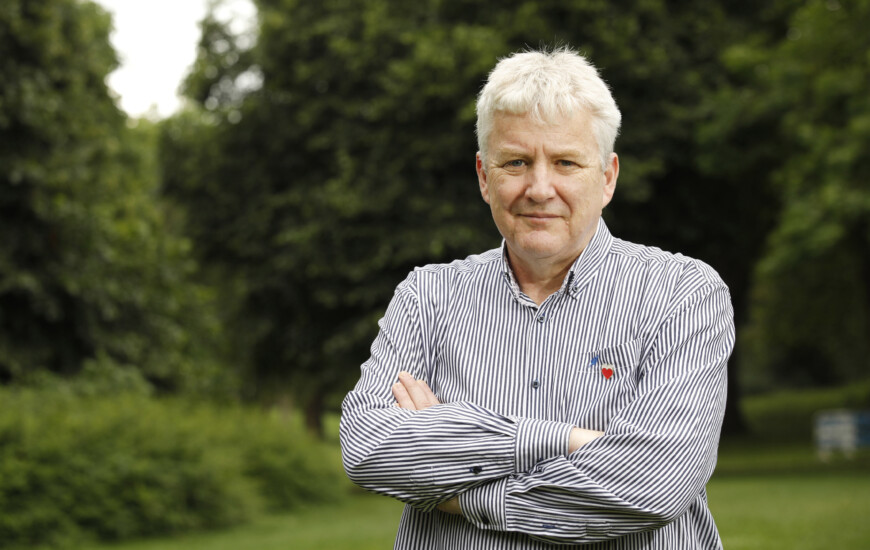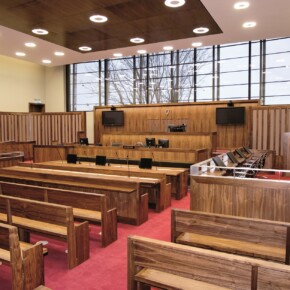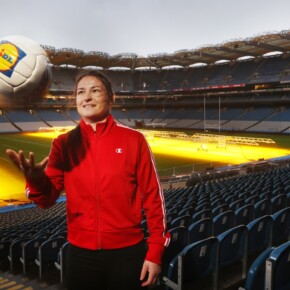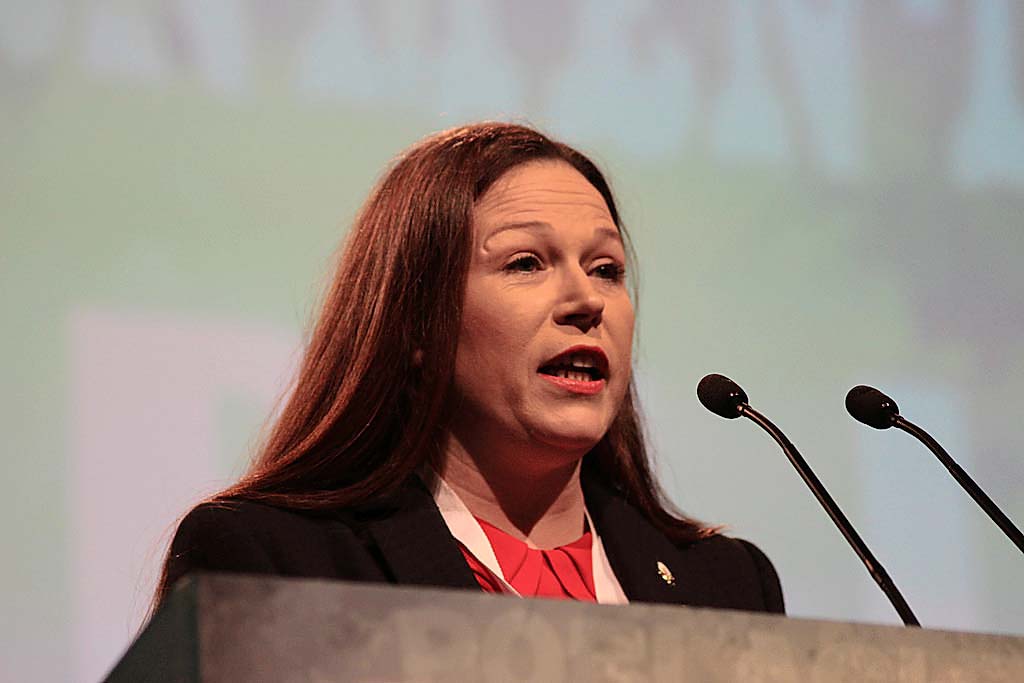‘Appalling denial’ of supports to Dublin heart and stroke patients
Padraig Conlon 15 Apr 2024
A new drive is underway to bolster State funding for services which heart and stroke patients in Dublin describe as their “lifeline”.
Locals are being urged to lobby their TDs and Senators to sign a pledge to support Irish Heart Foundation patient support services – with funding vital to their continued operation.
It is estimated that 168,000 people in Dublin are living with cardiovascular disease.
For many, supports provided by the charity are the only help they receive after a life-changing heart event, heart failure, stroke or other cardiac conditions.
The practical, social and emotional support services begin when patients leave hospital and continue for as long as they are needed.
Now local people are being encouraged to ask their local representatives to sign an online pledge on irishheart.ie/advocacy to ensure €1.2million in crucial annual funding is made available.
The Irish Heart Foundation currently receives just 8.6% of this to fund patient support services nationwide, which it says is inadequate to help the current volume of patients.
The services reduce costs for the State every year by supporting patients to continue living in their homes rather than requiring nursing home care or being readmitted to hospital – but only a fraction of this work is State-funded, says the charity’s Director of Advocacy and Patient Support, Chris Macey.
“Nationally, 80,000 heart and stroke patients are discharged from hospital every year, or one every seven minutes, in many cases to a bleak and uncertain future,” he said.
“One in three of all stroke patients returning home are being referred in to our services, whilst we are also supporting thousands of heart patients.
“These people cannot simply return to the lives they led before and desperately need the unique pathway of support services that the Irish Heart Foundation provides.
“We are doing our utmost with our resources to ensure that people can make the most of life after a stroke or heart diagnosis, but we cannot guarantee continued delivery of these services.”

In January 2021, Larry Gilligan (pictured above) from Swords in North Dublin spent eight weeks in a hospital’s ICU battling Covid-19 – but it later emerged he had suffered a stroke while in the coma.
He worked on his recovery with the Beaumont Hospital Early Discharge Team, before being referred to the National Rehabilitation Hospital.
Unable to return to work, he was forced into early retirement and struggled to find a purpose in life.
But through the Young Stroke Survivor Network run by the Irish Heart Foundation, Larry met some great people, staff and stroke survivor peers.
“We all meet up for the group exercise class and then spend an hour or two together afterwards chatting over coffee. We would often meet up outside of the group as well, and we’ve all become great friends,” he said.
“The chat can be about anything but it’s often about how we are doing post-stroke. It’s so empowering.”
Once introduced to the Irish Heart Foundation, Larry decided to get more involved on a voluntary basis. Currently, he and others provide peer support for other stroke survivors.
Mr Macey says stroke patients leaving hospital often feel abandoned – and many heart failure patients end up in a revolving-door system where they need to be re-admitted.
“Our range of services, described by patients as a lifeline, reduce the need for admission to hospitals and nursing homes.
“A heart disease diagnosis or stroke often leads to post traumatic stress disorder.
“But the counselling we provide is the only psychological support available to many patients.
“People are denied basic services and it is appalling.”
In addition to counselling, the Irish Heart Foundation provides nurse-led needs assessments, weekly support calls, back-to-work programmes, fatigue management, peer-to-peer support services, social interaction and online exercise groups.
Patients also have access to a Nurse Support Line to provide medical advice.
Once they sign the pledge, elected representatives’ names will appear on irishheart.ie/advocacy/ and they are also asked to share the pledge on their websites and social media.











